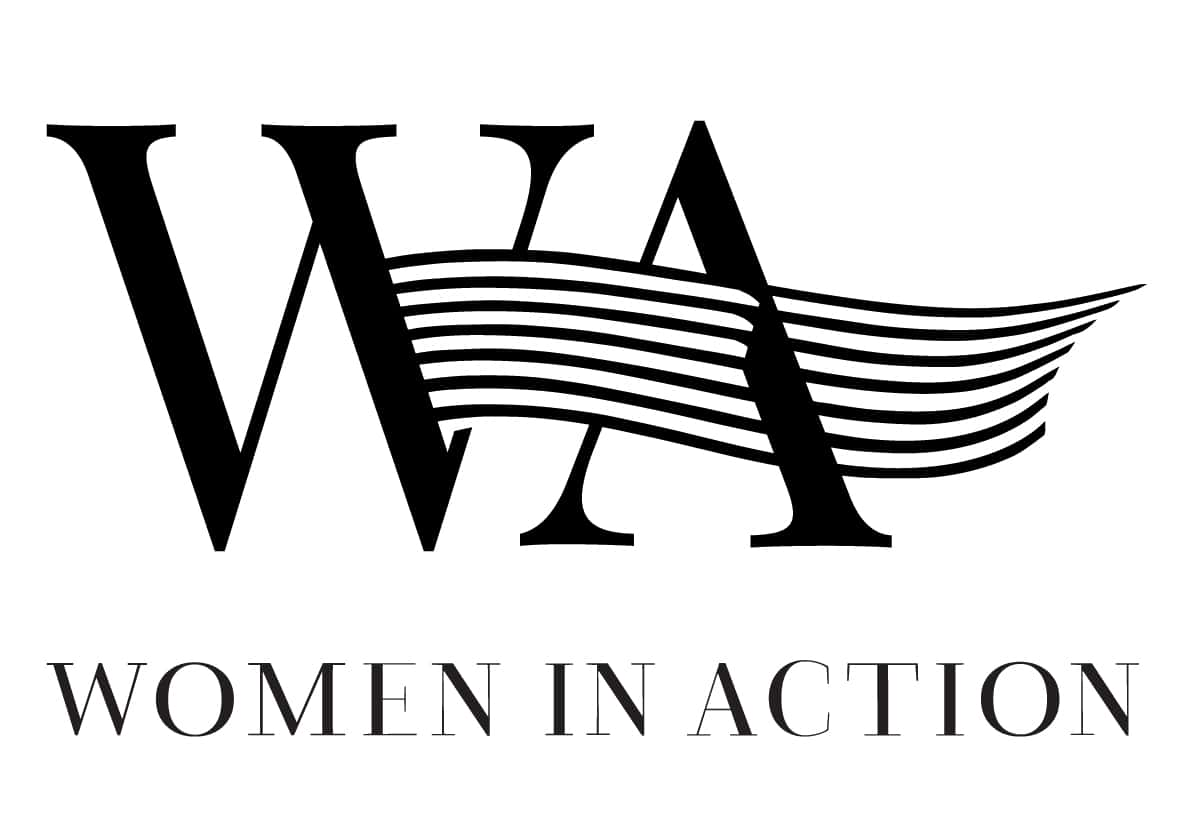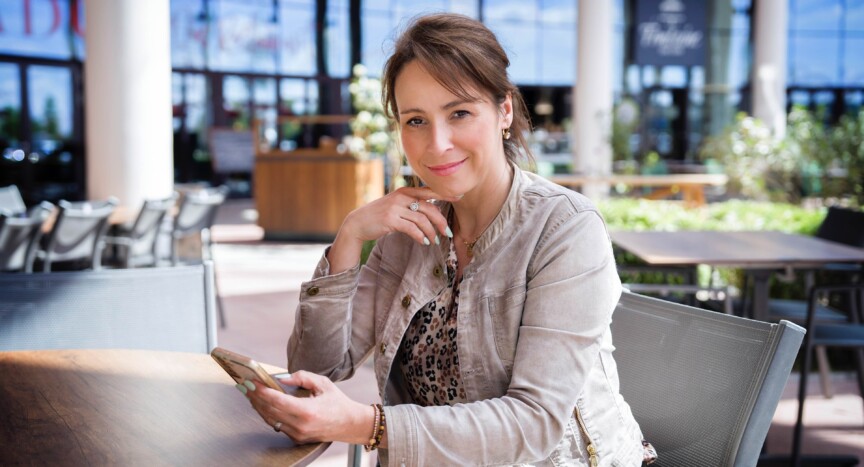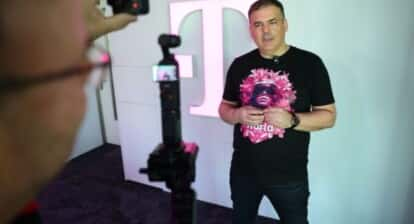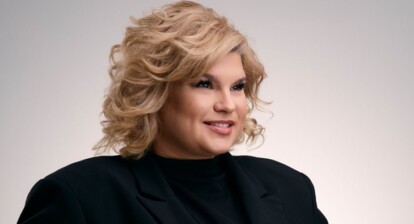The period, when we can define the future of the European Union, is slowly approaching. The European elections, held every five years, are a significant event for the political scene across Europe. This time in Slovakia, they await us on 08.06., and with their arrival, attention is being placed mainly on the candidates. One of them is Jana Masarčová, who would like to share her experiences and visions with the European Union and its citizens, which will help her in creating a better common future for everyone.
In the article, you will learn:
- How Jana managed to learn 9 languages,
- What her vision is for a better common future,
- Why she focuses her work primarily on women and girls,
- Why she decided to run in the European Parliament elections.
Jana, introduce yourself:
I’m a proud Slovak and also an enthusiastic European, as I’ve been living abroad for over 20 years. I speak 9 languages, which I learned during my professional career in Europe and the United States. After studying management and business administration, my professional focus shifted to Brussels, where I worked in European institutions and currently serve in the EU Diplomatic Service. With a team of experts, I manage projects and programs focused on digital transformation in the field of human resources in EU embassies worldwide. As a leader of the LeanIn global network in Belgium, I actively participate in inspiring and empowering women. I recognize the importance of coming from a specific place and I am determined to emphasize the needs of helping girls and women in my candidacy, actively working on their inspiration and mutual support.
“Why me? Because I believe I am a good linkage between Slovakia and Europe.“
What inspired you to learn 9 languages?
Some time ago, I read a Czech proverb that said, ‘As many languages you know, as many times you are a human.’ Somehow, subconsciously, I followed that. However, I modified it to: “As many languages you know, as many lives you live.”

Jana Masarčová
I come from Košice, where I spoke Hungarian with my mother and grandmother. At school, I learned Russian, English, and German. I left Slovakia after the Velvet Revolution and travelled around the world. Moreover, I worked on a cruise ship, where I learned Italian. I had many passengers from different parts of the world, which led me to learn Dutch, and later, in another job, French. My husband, my everyday inspiration, is Portuguese, and the last language that inspires me greatly is Portuguese. I must say that Portuguese culture is very close to ours, Slovak. So, I have lived, and still live, many lives…”
“I learned languages in the host countries. I’m not a polyglot from a textbook. Not only I understand languages, but I’m also close to their culture and mentality.”
Which areas are most affected in Slovakia?
I think the economic sector is one of the most affected areas, not to mention education, healthcare, and infrastructure. Modernisation, not only of processes but also of thinking and mindsets, is what we need to focus on. Investments in innovation and technology, not only in infrastructure but also in the economic sector, are key to stimulating economic growth, improving healthcare, and especially investing in modernising education.
What would you like to change?
If we want to change something, we should be able to analyze where we are and where we want to be. It is necessary to be open and face the truth so that we know where our country actually stands. We could talk about this topic for a long time, but I believe that those who have lived abroad and return to Slovakia with love can grasp these differences. We observe progress in the field of information technology and start-ups, but sufficient support is not provided to those who are trying to create something new and sustainable. The third sector is completely neglected, which is a shame because it harbours a wealth of valuable knowledge. Cultural and economic differences are relatively large when compared to Nordic countries. We feel that we are doing very poorly, but the situation is not so critical. According to the World Happiness Report 2024, the happiest people in the world are in the Nordics, with Finland ranking first. Can you imagine that they can be happy in almost continuous twilight? On the other hand, people living in countries where everything is abundant, including vitamin D, do not always feel happy.
“I think we should be content with life in Slovakia. Life is good here.”
Why do you focus on girls and women?
After reading Sheryl Sandberg’s book, I was inspired by her vision and determined to act. With enthusiasm, I founded the Lean In Belgium project with the intention of supporting women not only in the IT field but also in their overall professional and personal lives. Every woman has the potential to succeed in her career and life if she receives support and opportunity. I was as well inspired by the example of my friend, who is a network leader for Lean In Slovakia. Her effort and determination in leading this network encouraged me to actively engage and similarly support women. I am proud to be part of something that brings positive changes not only for women but also for girls.
“Feedback that I receive gives me strength to continue.“
Why are women specifically discriminated against and often less rewarded than men?
I think it’s very difficult to compare data on why women are less rewarded and thus discriminated. According to various studies, there are many reasons for differences in rewards. For example, working part-time. Another important reason is prioritising family over career, as women tend to suspend their careers for personal or family reasons. This affects many women, including myself. However, we must not forget about women working in low-paying industries such as healthcare, services, and education.
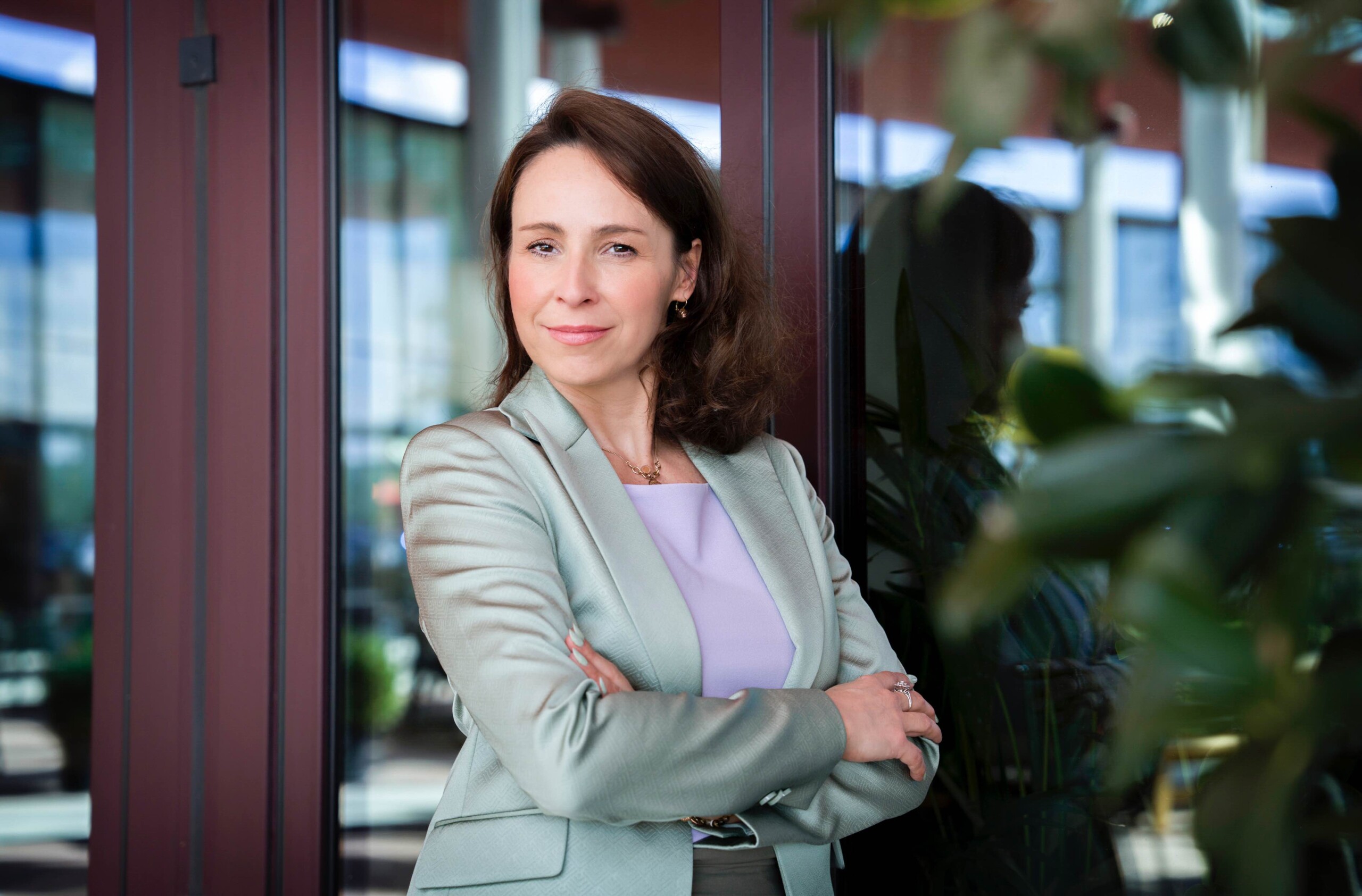
Jana Masarčová
What is your mission?
My mission is to bring people closer together. I write about it in my book, which I’m currently trying to finish, but it’s quite challenging with my candidacy (laughter). One of my strengths is bringing people together and helping them. We all have something we feel we should be doing, something in which we feel unique. I know my mission is to help the homeless, but somehow, amidst family and work, I’ve only been able to pursue this heartfelt issue through volunteering. During various holidays, we fed the homeless at the station in Antwerp, and it resonated with me so much that I decided to return to it with a fully developed program to end homelessness.
What career successes would you like to highlight?
Where do I start? (laughter) My husband underscored, ‘You must emphasize that you’re a self-made woman. That’s your greatest success…’ 😊
The diversity of my beginnings, along with a tireless curiosity and passion for learning new things, led me into various industries. I had the chance to work in hospitality, Belgian media, and in a youth magazine publishing house, where I managed the entire production. We printed magazines in Slovakia; one issue even came out in China for the royal exhibition in Beijing. A turning point for me was an issue featuring Daniela Peštová, with whom I made an interview, which was something entirely new and unprecedented for me.
I immersed myself so deeply into publishing that I ventured to New York, where I completed a publishing program, which was my first passion. At that time, Slovakia wasn’t yet in the European Union. Right after our entry, I embarked on a journey as a European civil servant because I believed in Europe, whose ideal is to unite and strengthen individual member states. I saw us as a meeting point of diverse cultures and economies that support each other.
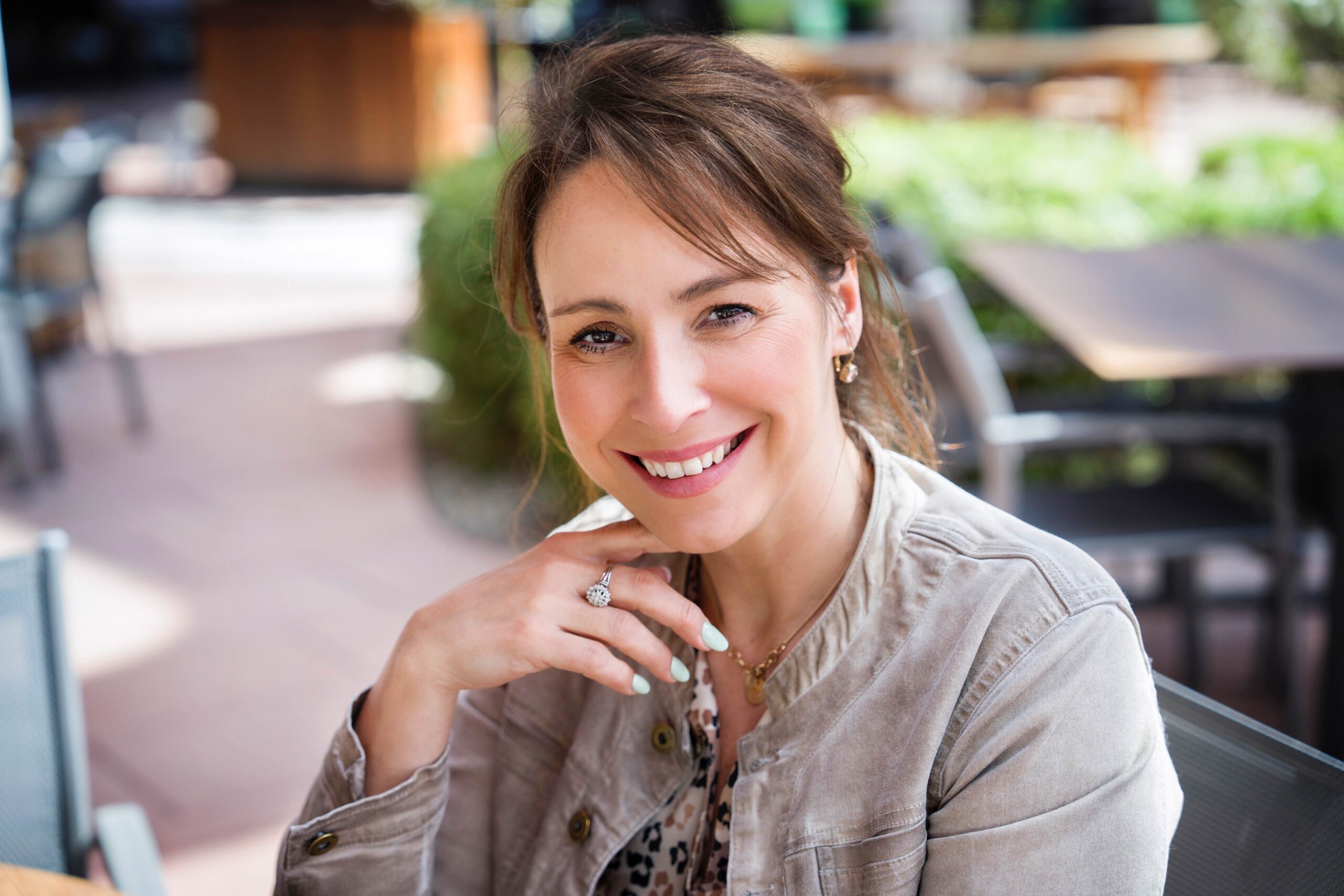
Jana Masarčová
Tell us more about your career experience
I worked in various sectors within European institutions, noteworthy among them being Euratom, where we released numerous publications. I am very proud of a children’s book on nuclear fusion that we presented to the Belgian king at an event in Brussels. The international context of European Commission policies in trade, regional development, as well as the single market, industry, entrepreneurship, and small businesses, summarizes many projects I worked on. I am particularly proud of two specific projects. One of them is Brexit, during which we all realized the seriousness of a member state leaving the Union. The other project was the Single Digital Gateway. It was a project aimed at simplifying online access to information, administrative procedures, and services that EU citizens and businesses may need within member states.
Why did you decide to run for the European Parliament?
As I mentioned earlier, I left Slovakia before it joined the EU. At that time, it wasn’t possible to work or live in another EU country, provide services, or enjoy the freedom of movement as we do today. Sometimes we forget this, especially the generations that experienced it. We are currently celebrating the 20th anniversary of Slovakia’s entry to the EU, and we don’t even realize that everything we have today is not to be taken for granted. I have noticed that every year when I go home, I see Slovakia’s desire to progress. However, it is under strong pressure from many sides. One of the main reasons I am at least somewhat involved with the party I have chosen, Volt SK, is the belief in the need for change and progress. I believe that when we believe in something and pursue it, we become catalysts for change.
As Gandhi said, “Be the change you want to see in the world.” And my reason is, to make that change for a better future in every possible field.
